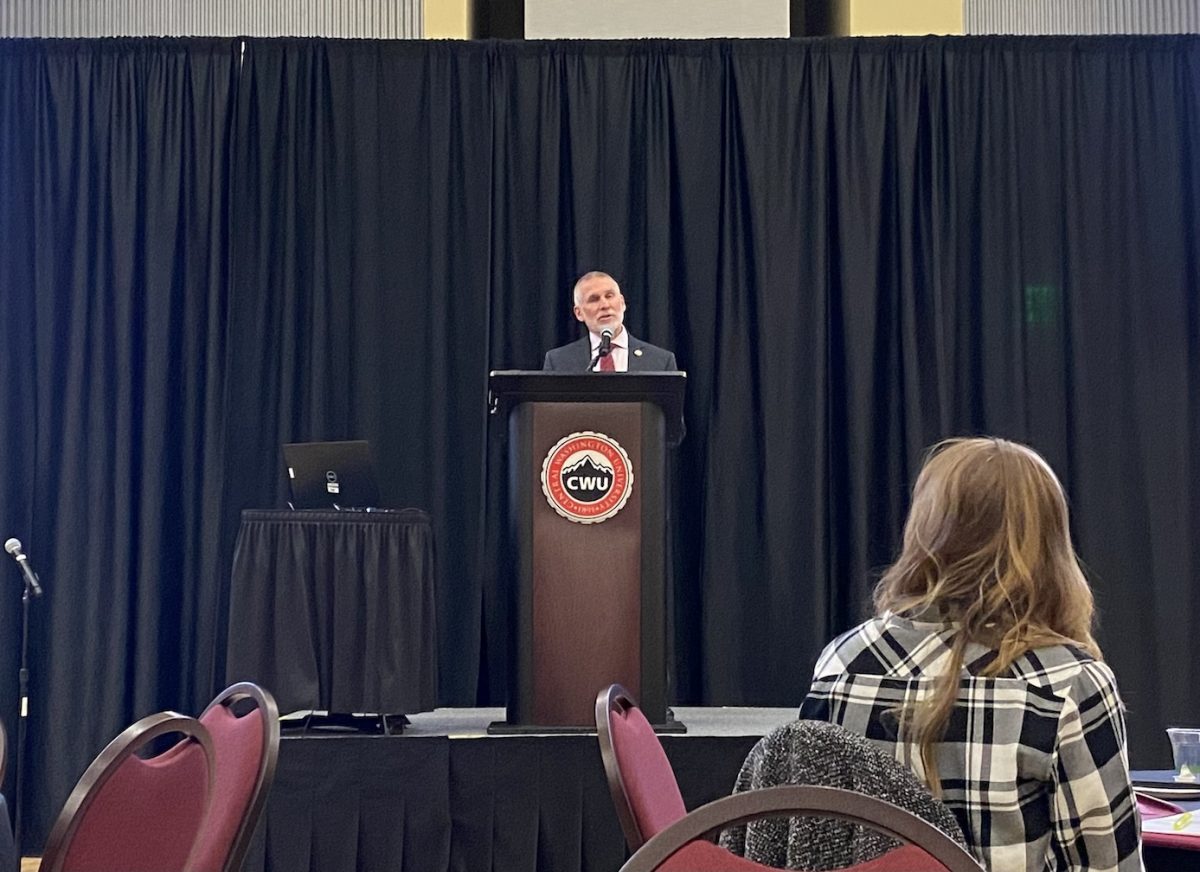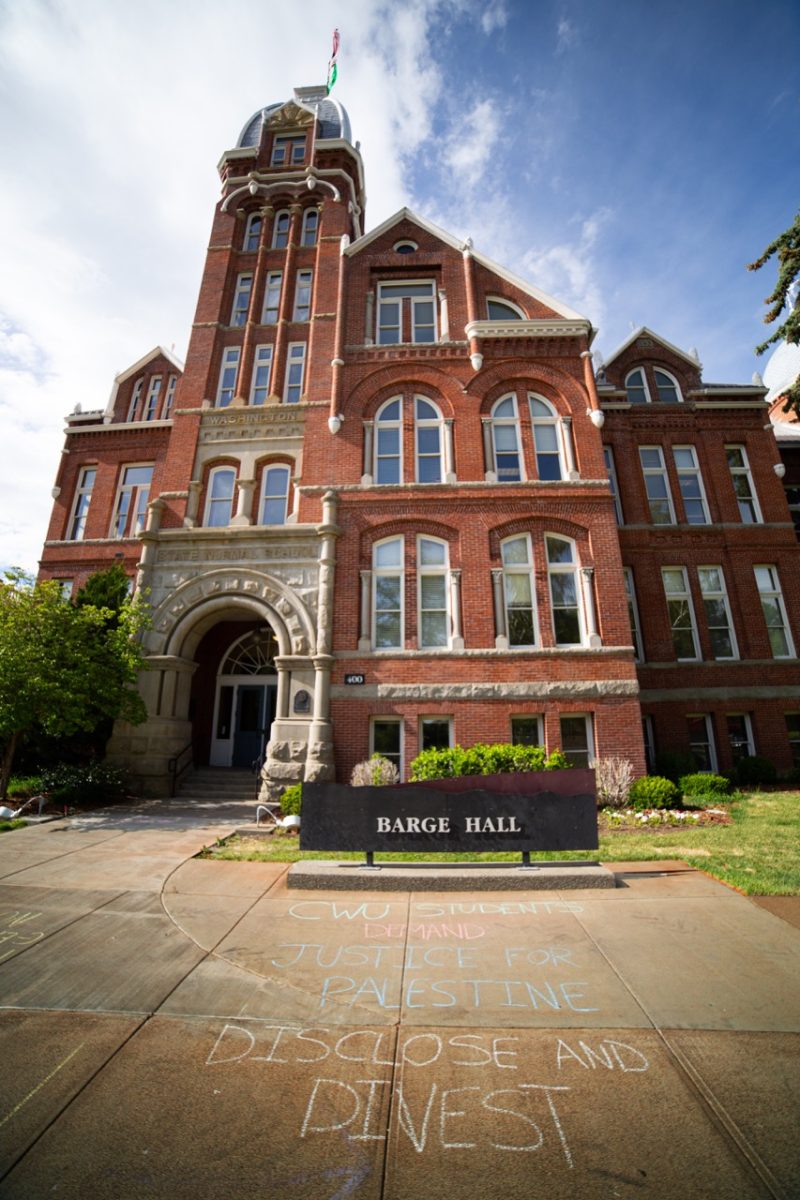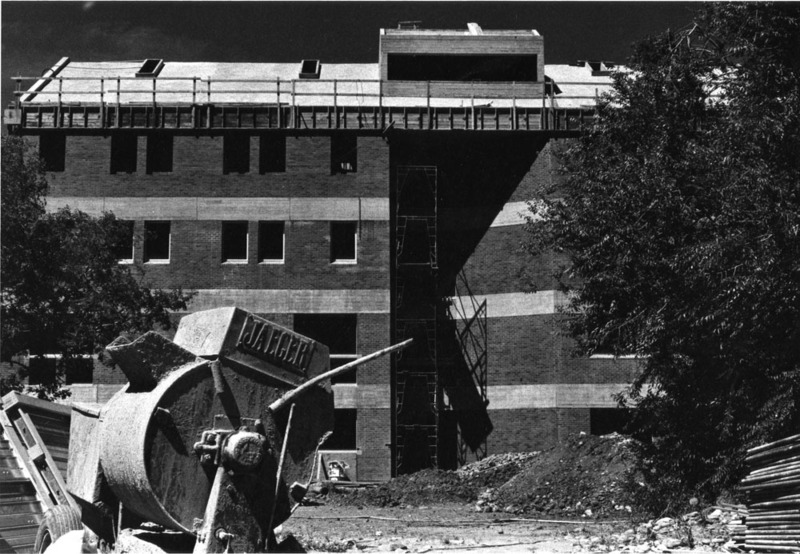During the accreditation kick-off meeting on Nov. 17, CWU President Jim Wolphart said there are three areas that they need to improve on before reaccreditation in 2026. According to Wolphart, those three areas are the strategic plan, advising and learning outcomes assessments.
Accreditation makes sure the university stays up to education standards and has continuous quality standards. Kurt Kirstein, interim provost and vice president for academic affairs, said to get accreditation, the university must meet a set of standards set by the Northwest Commission on Colleges and Universities (NWCCU).
“If we didn’t have regional accreditation, we wouldn’t be able to operate,” Wolphart said. “ We would literally shut down.”
Strategic plan
According to Kirstein, every university should have a strategic plan that helps guide the university. He said when they were getting accredited in 2018, CWU had a plan but wasn’t using it.
Kirstein said when they were getting accredited again in 2022, the president was leading a large number of people to create a strategic plan.
“They [the accreditors] said, ‘that’s great but when we come back in 2026, we just want to see that in place’ and it will be a place,” Kirstein said.
Advising
Kirstein said that during the last accreditation, some students were saying they weren’t satisfied with the advice. Since then, the university has moved the advisors into the different colleges.
“Now that the advisors are focusing in on the actual programs themselves … it’s just so much better than it was,” Kirstein said. “We’re pretty proud of what we’ve done.”
Learning outcomes assessment
According to Kirstein, to evaluate learning outcomes, the university looks at students’ work to see if they can do what the university wants them to be able to do.
“We weren’t doing that good,” Kirstein said. “We are [doing] much better than we were.”
Kirstein said for the accreditation in 2026, they now have three years of learning outcomes to show for instead of just one.
How the accreditation process works
A group of faculty and administrators from different colleges and universities around the region will come to CWU. Kristein said that they won’t have anyone from a Washington university come because CWU is a Washington state school.
According to Kirstein, when the faculty and administrators come, they will have experience in different areas, such as library technologies and academics.
“At the end of the visit, the team will prepare and deliver a report … telling us what they found [and] identifying any areas where they were really impressed,” Kirstein said. “Or any other areas where they feel like we need to focus in a little bit more than those would be recommendations.”



